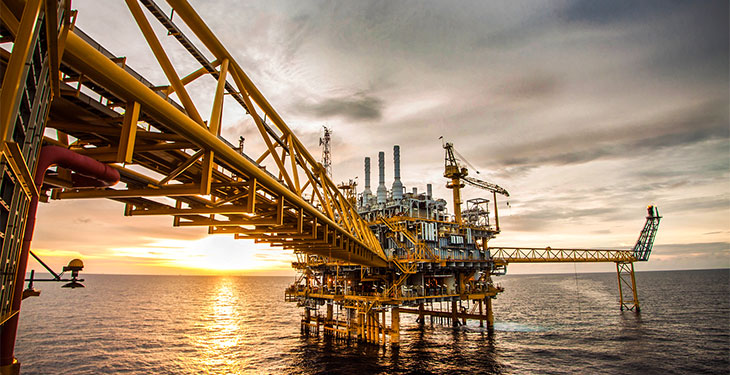The Alliance of Liberals and Democrats Party – ALDE spokesman Varujan Vosganian said that there are issues ALDE wanted to be included in the Offshore Law, and they were not; thus, an “urgent action on the normative act” is required. He also said that there was no dialogue on this normative act inside PSD-ALDE Coalition. He also explained that the proposals from ALDE were rejected by the Government, and ALDE MPs were put in a “delicate situation”, according to News.ro.
Varujan Vosganian was asked, on Monday, if an Emergency Ordinance to amend the offshore Law would be adopted. He said that “as long as what we wanted to appear in the text of the law is not there, then it does not fully reflect the will of the legislator; an emergency intervention is required on the normative act. (…) In the Coalition, all decisions are taken by consensus, dialogue exists in the Coalition, but not on this particular law”.
“I believe that the proposal raised and adopted in the Committee [of Industry and Services] put us, the MPs from ALDE, in a delicate situation. The information we had was that the solution was also agreed with the players in the market. It turned out that this was not the case. We have to make some corrections, because what we were introduced to – a certain type of taxation combined with a certain type of deduction of E&P costs – disappeared from the final form of the law. That is why we are now taking into consideration amending the normative act. I believe that, in order to improve the accuracy of the legislative procedure, it is necessary stick to such preliminary discussions”, Varujan Vosganian said.
The Offshore Law regulating the Black Sea gas exploitation was adopted by the Chamber of Deputies on Monday, with 175 votes in favor, 30 against and 30 abstentions. USR, PNL and PMP did not vote. PSD leader Liviu Dragnea said that the law passed by the Chamber of Deputies, in a form much different from that adopted by the Senate, will help Romania to no longer be energetically dependent on Russian imports.
The law will require operators to pay progressive taxes on extra income, 50% of all production will have to be traded on the Romanian centralized markets, and the state revenues will be directed towards public-private partnerships.
